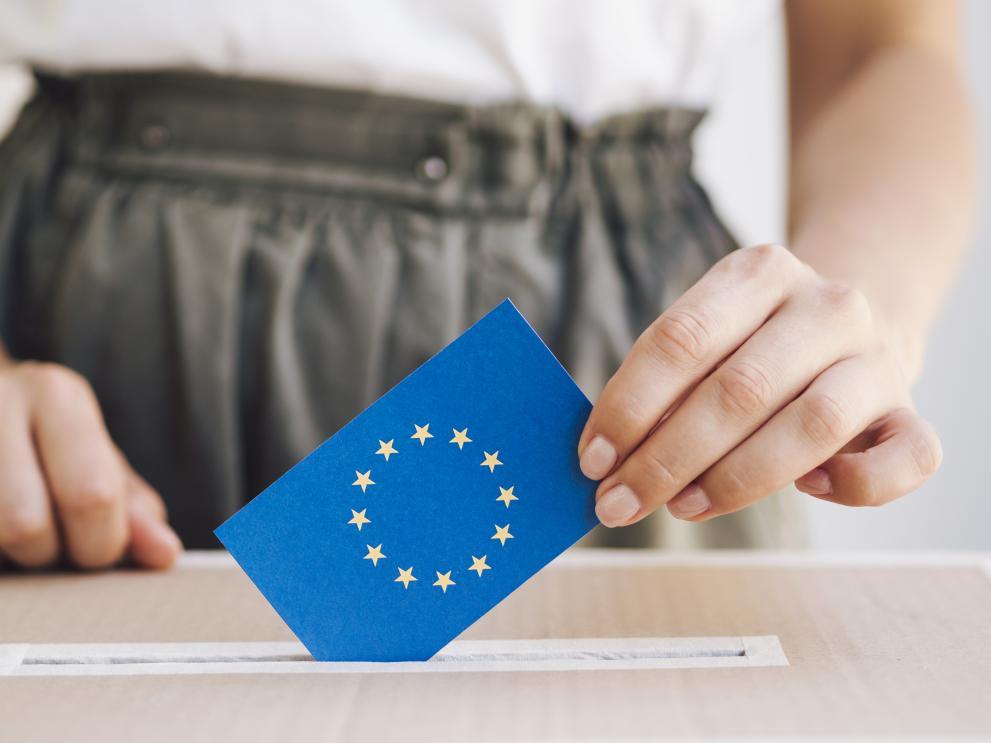Part of the 370 million registered voters began today the elections to determine the 720 members of the European Parliament (EP), a decisive process that will end next Sunday, where the far right seeks a visible triumph.
The election of the members of the EP for the period 2024-2029 will be held in the 27 states of the European Union (EU).
Thus, in the Netherlands the elections take place this day, on Friday the Irish and Czechs will vote, this Saturday voters in Italy, Latvia, Malta and Slovakia are called to the polls, while the vast majority of EU members will vote on Sunday, according to the press in this capital.
In some states where online voting is allowed, the elections will be extended for more days and the media warn about possible violations, such as millions of voters from one country depositing their ballots in the ballot boxes of another, where they live permanently.
Specialists say that many of them can even exercise their double vote, while the quota per country varies considerably, as Germany, for example, elects 96 deputies, unlike states such as Cyprus, Malta or Luxembourg with only six each.
In general, what takes place on this occasion is an internal struggle between the national parties to win the largest share of the seats in the EP of each country, highlights the television in this capital. At the moment, the European People’s Party-Neo-Christian Democrats (EPP) holds 177 seats, the Social Democrats 140, the Liberals 120, the Greens 72 and the moderate Conservatives and Reformers 68.
In addition, the right-wing Identity and Democracy, which includes ultra-nationalists such as Alternative for Germany and the French National Union party, has 58 seats and the left has 37, while other deputies are outside the coalitions.
Polls predict that although the EPP will lose up to 20 percent of its seats in the European Parliament, it will be the most voted.
In addition, opinion polls predict an advance of the far right such as Alternative for Germany, the French formations National Union and Reconquista, the Dutch Freedom Party and Hungarian Prime Minister Viktor Orban’s Fidesz.
However, the advance of the «ultra» in the European Parliament will be insufficient to influence global issues in the region such as the militarization of European industry and the rearmament of Ukraine, as they would lack sufficient votes in the EP, experts estimate




